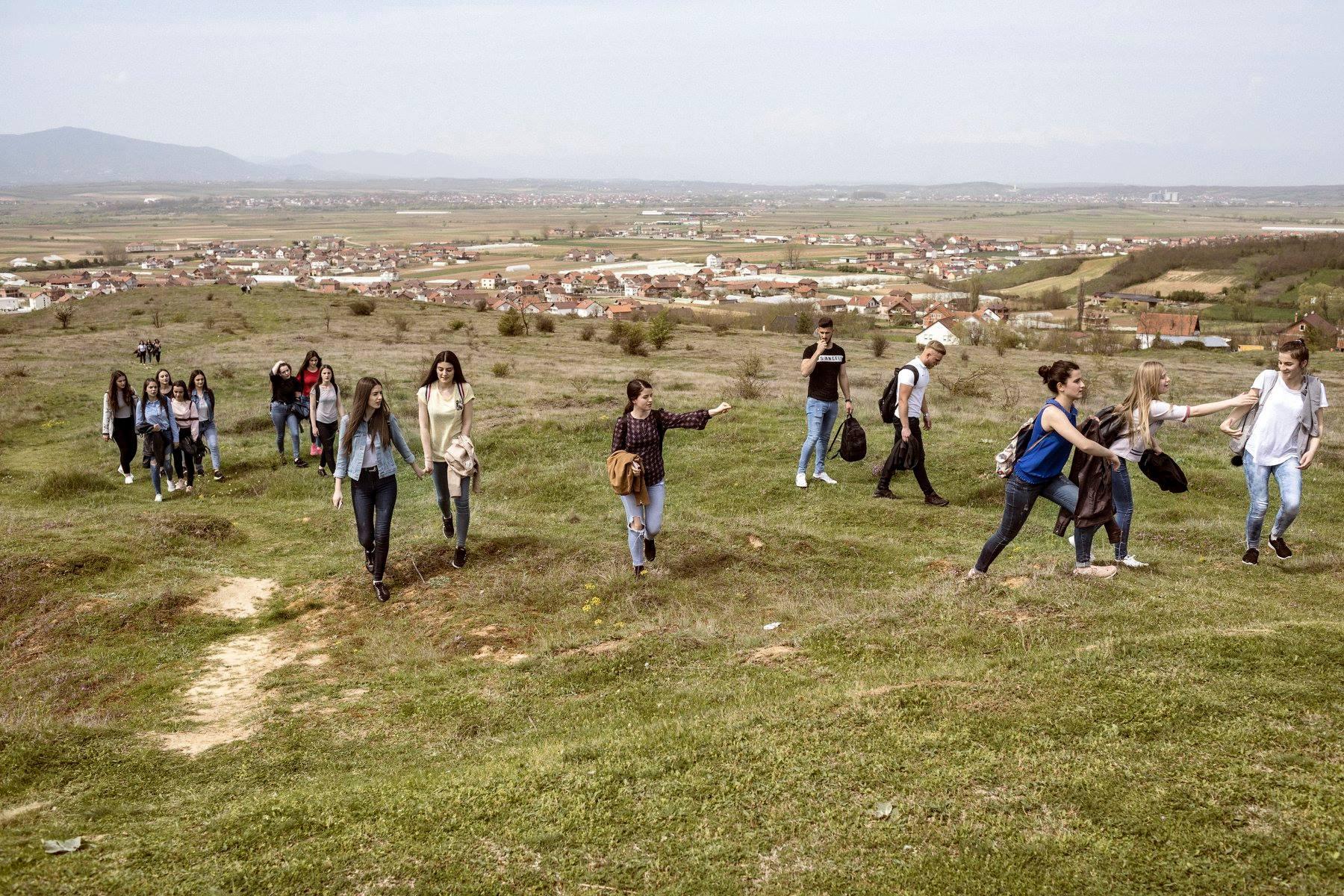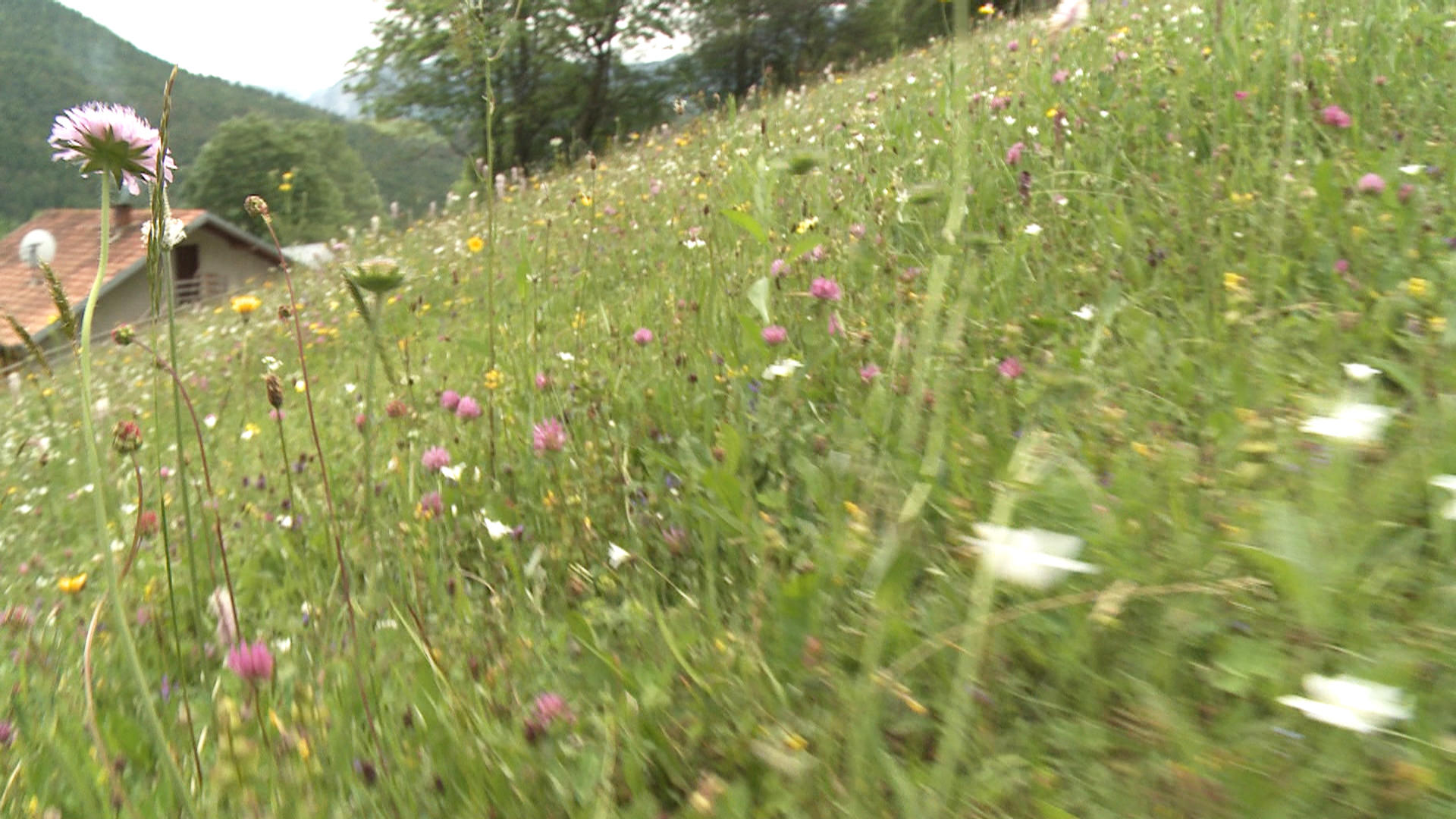What would Kosovo do without the diaspora?

What would happen to Kosovo if ethnic Albanians in Switzerland stopped sending money back? They’ve been supporting their relatives in the Balkan country for decades, but younger generations might not continue the practice.
Kosovo is the second-poorest country in Europe, suffering from high unemployment and a lack of investment. Remittances from the diaspora in Germany, Switzerland, and the Nordic countries provide about 17% of the gross domestic product while international donor assistance accounts for an additional 10%. The Swiss government contributes a total of CHF 80 million ($79 million) for the period 2017-2020.
+Read here more about Swiss help for Kosovo
Kosovars have been leaving their country to find work in the west for generations. But once abroad, many find that it gets harder and harder to keep their culture alive in a foreign land. Many young Kosovars, who were born in Switzerland or moved there at an early age, do not speak Albanian. Life in their ancestral homeland can feel foreign.
The Kosovars who live in Switzerland and return for the summer to reconnect with their families are affectionately known as “Schatzis” (meaning “darlings”). They have strong emotional ties to the homeland.
Their visits reanimate the local economy every year for a few months. Restaurants and shopping streets are full in the largest cities: Prizren, Pristina and Peja. Their Swiss francs go a long way and many people stay in upmarket hotels that cost a fraction of what they would pay at home.
As many Swiss Kosovars come by car, petrol stations do a roaring trade as the “Schatzis” tour the country to visit tourist attractions, including monuments of war heroes. Some even buy apartments or even build fancy homes for their summer jaunts, giving a boost to the building industry.
We met some “Schatzis” during their holidays in Kosovo and asked them how they felt about being part of the diaspora and their remittances.

In compliance with the JTI standards
More: SWI swissinfo.ch certified by the Journalism Trust Initiative













You can find an overview of ongoing debates with our journalists here . Please join us!
If you want to start a conversation about a topic raised in this article or want to report factual errors, email us at english@swissinfo.ch.